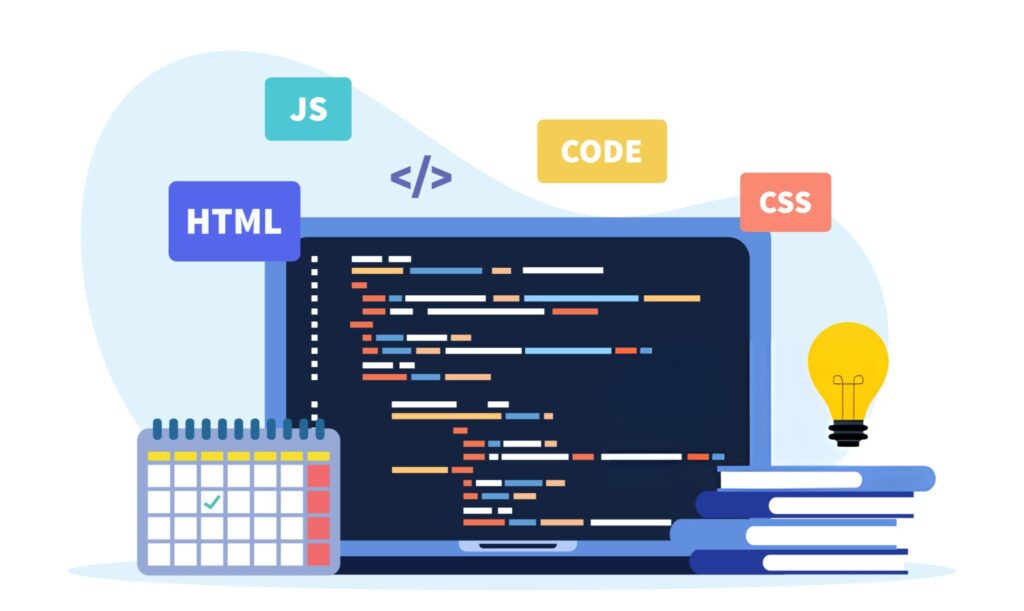As technology advances, mobile app development continues to flourish globally, with Dubai emerging as a significant hub for this industry. As a city known for its technological prowess and business innovation, Dubai offers a promising environment for mobile app development. Whether you are a startup or a large corporation, understanding the intricacies of mobile app development in Dubai is essential for success. This blog will take you through everything you need to know about the app development landscape in Dubai.
Why Choose Dubai for Mobile App Development?
Dubai is fast becoming a global technology powerhouse, making it an ideal location for app development. Here’s why:
-
- Strategic Location: Dubai serves as a gateway between the East and the West, making it a hotbed for international business.
-
- Tech-savvy Population: The city’s tech-savvy population is always on the lookout for the next big app, providing a fertile ground for innovation.
-
- Government Support: Dubai’s government has invested heavily in the tech sector through initiatives like the Dubai Smart City project.
-
- Skilled Workforce: The presence of a highly skilled and multinational workforce ensures access to top talent in app development.
Key Factors to Consider for Mobile App Development in Dubai
1. Market Research
Before embarking on the development journey, conducting thorough market research is crucial. You need to understand the local preferences, trending technologies, and the competitive landscape. Dubai’s app users are discerning, demanding high-quality apps that are fast, intuitive, and user-friendly.
2. App Development Platforms
Choosing the right platform is another critical decision. In Dubai, both iOS and Android platforms have a large market share. You need to decide whether to build for one platform or opt for a cross-platform solution to maximize your reach. For businesses targeting the general population, a cross-platform strategy may be the best bet.
3. User Experience (UX) and User Interface (UI)
Given Dubai’s focus on innovation, delivering a seamless UX/UI is a must. Apps must be intuitive, visually appealing, and offer a smooth user experience. Dubai’s app users expect a level of sophistication, so working with designers who understand the local aesthetic is important.
4. Localization and Language Support
English and Arabic are the primary languages in Dubai. For an app to succeed in this market, it’s vital to offer full support in both languages. Additionally, localizing the content to fit Dubai’s culture and lifestyle will make the app more appealing to the audience.
5. Regulatory Compliance
Mobile app development in Dubai must adhere to specific legal frameworks. Ensure that your app complies with Dubai’s data protection laws and other relevant regulations. This includes incorporating appropriate security measures, especially if your app involves sensitive user data or payment transactions.
App Development Process in Dubai
1. Planning and Strategy
The first step in any app development project is planning. Define your target audience, key features, and business goals. This is the stage where you’ll conduct research, assess the competitive landscape, and lay the foundation for the project.
2. UI/UX Design
Once you have a clear strategy, it’s time to move on to design. In Dubai, app aesthetics play a critical role, so focus on delivering a visually compelling and user-friendly interface. Collaboration between developers and designers is key during this phase.
3. Development
Development involves coding and programming the features and functionalities of the app. During this stage, ensure that your development team uses agile methodologies to allow for flexibility and iterations. Whether you choose native development or cross-platform development, the key is to build a scalable and efficient app.
4. Testing and Quality Assurance
Once the app is developed, thorough testing is necessary to ensure a bug-free experience. Dubai users expect high-quality apps, so performance testing, security testing, and usability testing should be a priority.
5. Deployment
After testing, the app is ready to be deployed on the App Store (iOS) or Google Play Store (Android). Make sure that you meet all the platform requirements and guidelines before launching your app.
Costs Involved in Mobile App Development in Dubai
The cost of mobile app development in Dubai varies based on several factors including complexity, platform choice, and the number of features. On average, the cost to develop a basic app ranges between AED 50,000 to AED 150,000, while more complex apps with advanced functionalities can go beyond AED 300,000. It is important to budget accordingly and work with a reputable development agency that can provide transparency in pricing.
Post-Development Support
Mobile app development doesn’t end at deployment. Continuous maintenance and updates are necessary to keep your app running smoothly and securely. Make sure to have a post-development support plan in place, which includes fixing bugs, implementing new features, and updating the app in response to user feedback.
Conclusion: Dubai’s Role in the Future of Mobile App Development
Dubai’s forward-thinking approach to technology and its favorable business environment make it an ideal location for mobile app development. Whether you are developing an e-commerce app, a financial app, or something entirely unique, Dubai offers the infrastructure and talent to bring your vision to life. However, success in this market requires careful planning, adherence to local preferences, and a commitment to quality.
If you’re looking to develop a high-quality mobile app, partnering with the best app and web development agency in the UAE will ensure your project is executed flawlessly, and your app stands out in Dubai’s competitive digital landscape.



